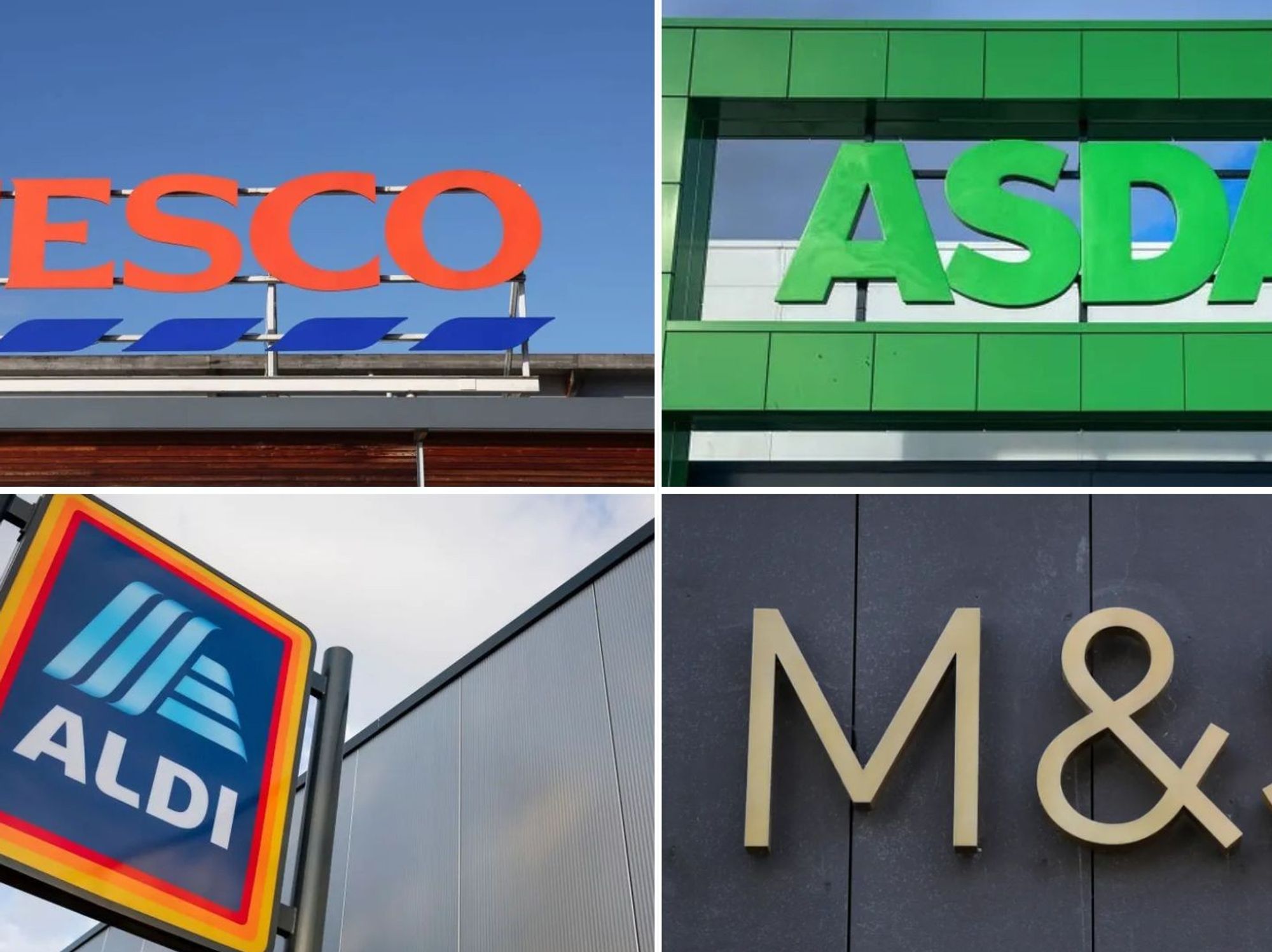Millions could have been saved from rising energy bills and poverty if action had been taken sooner by the Government, it’s claimed
Don't Miss
Most Read
Trending on GB News
The Government could have prevented millions of households from falling into fuel poverty with the introduction of an energy social tariff, according to leading charities and energy organisations.
Britain has been saddled with rising energy bills in recent years amid the ongoing cost of living crisis which experts claim could have been avoided.
Analysis from Age UK has revealed that the number of people living in less than adequate heating conditions could have been reduced by 65 per cent if the Government had launched a social tariff to help the UK’s most vulnerable people.
Fuel poverty is the term used to describe when a household is forced to spend at least 10 per cent of its income to maintain a satisfactory level of heating for their home.

Energy bills have risen dramatically in recent years
GETTY
A coalition of charities, including Age UK, Scope and Fair by Design, have slammed the Government for its failure to implement an energy social tariff which could have helped vulnerable communities paying more towards their gas and electricity.
Some 2.2 million would not be living in fuel poverty, according to research conducted by the charities, with the coalition pushing for a social tariff to introduced amid the ongoing cost of living crisis.
Around one in eight households in the UK, the equivalent of 3.4 million homes, are currently living in fuel poverty.
Some 38 per cent of households in the lowest fifth of equivalised after-tax household income are dealing with a fuel crisis this winter, which comes to 2.2 million households. An energy social tariff would have lifted 1.3 million of this group out of fuel poverty, Age UK reports.
Some 16 per cent of older households, which comes to 1.9 million people, are living in fuel poverty with a social tariff potentially saving 1.3 million elderly families from inadequate heating.
Nearly one in seven homes with someone living with a disability or long-term health condition are struggling to cope with high energy bills. An energy social tariff would have lifted 1.4 million of them out of poverty, Age UK said.
Caroline Abrahams CBE, Charity Director at Age UK, called for a “permanent solution” to the country’s energy woes.
She explained: “In January 2024 about 3.4 million over 60s reported their home was too cold for most, or all of the time. It’s not acceptable that they are being forced to live in these conditions.
LATEST DEVELOPMENTS:
 Energy bills have been a major concern for households GETTY
Energy bills have been a major concern for households GETTY “Energy is a basic essential and it’s time we treated it that way and ensure everyone can afford enough of it to stay fit and well, and to live decently.”
Maria Booker, the head of Policy, Fair By Design, added: "This research shows what we have been telling Government for some time...a social tariff is urgently needed to make energy affordable for those on the very lowest incomes.
“It is shocking that the Government is burying its head in the sand when two thirds of fuel poor households could have been spared the misery of a cold home and the anxiety of choosing between heating, food and other essentials. We urge the Government to honour its commitment to consult on a social tariff without delay."
A Government spokesperson told GB News: “A social tariff is about protecting vulnerable people and that’s exactly what we are doing by providing significant financial support for those who need it most.
“We’ve cut National Insurance for 29 million working people, a tax cut worth £450 for the average worker and our actions have helped to more than halve inflation since last year. On top of this we are increasing the National Living Wage to £11.44 this year, and boosting benefit payments for around 5.5 million households by an average of £470 a year.
“This is alongside direct targeted support for those who continue to need it, including £900 in cost-of-living payments, £150 to those on eligible disability benefits, plus a further £150 Warm Home Discount. Our Energy Price Guarantee also remains in place until April 2024.”









